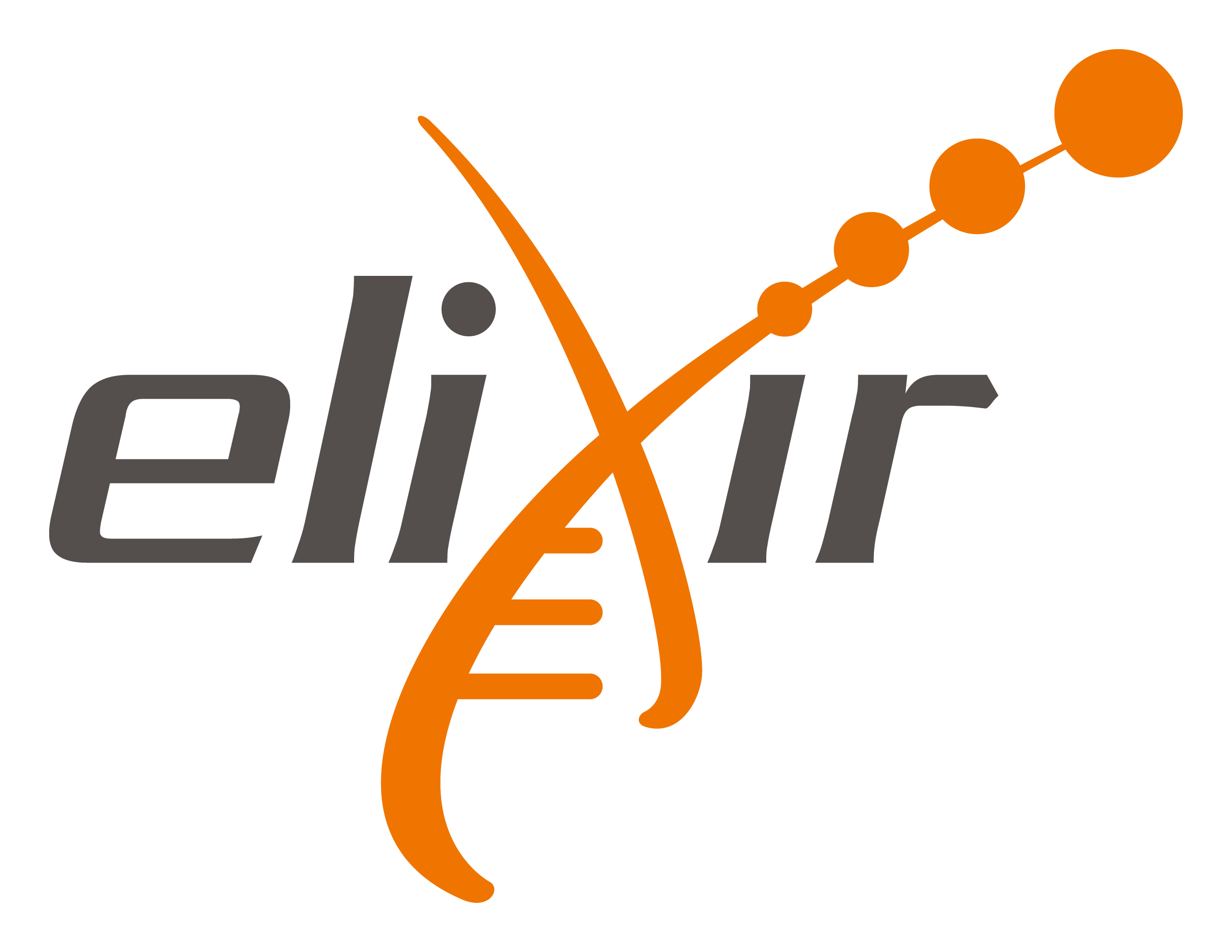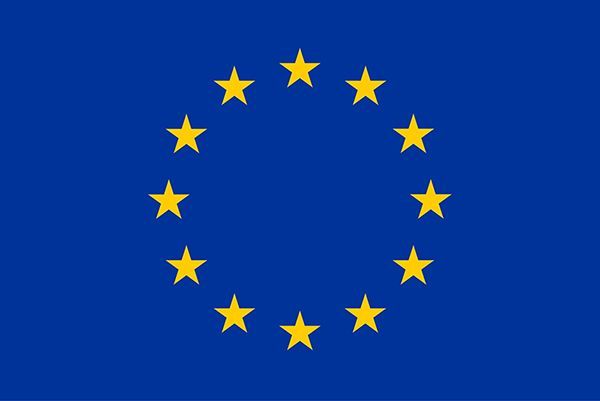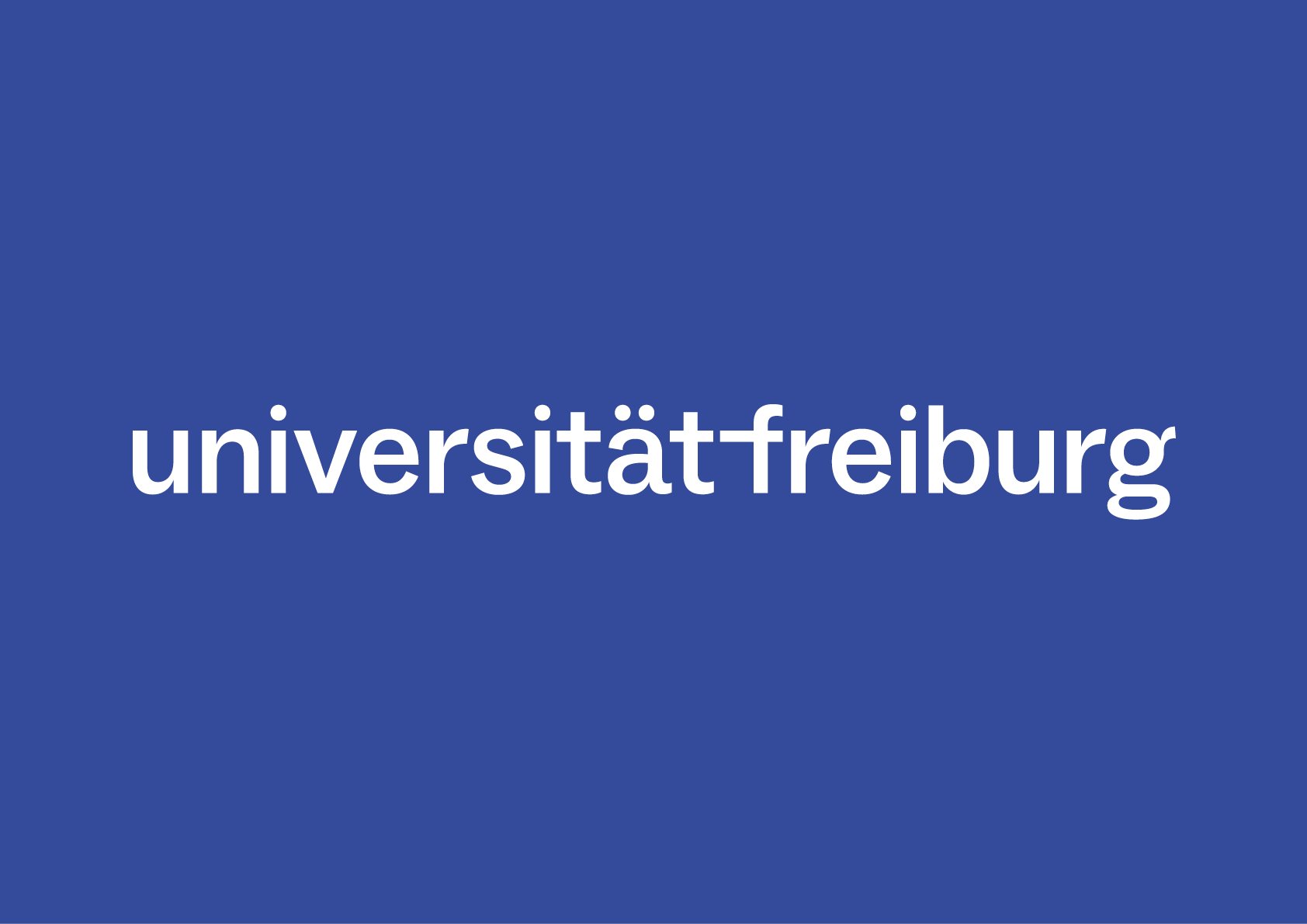Open Life Science program & the Galaxy community: involvement in OLS-2 and invitation to apply to the next cohort
involvement in OLS-2 and invitation to apply to the next cohort
Open Life Science (OLS) is an online mentoring & training program to help individuals and stakeholders in research to become Open Science ambassadors. Participants of this program learn essential knowledge required to create, lead, and sustain an Open Science project, connect with members across different communities, backgrounds, and identities by sharing their experiences and expertise.
The first two cohorts ran in 2020, and the Galaxy Project was successfully involved in the second cohort. Applications are now open for the 3rd cohort (OLS-3) which will take place from February to May 2021. This cohort is supported by EOSC-Life. We would love to see a strong representation of the Galaxy community there.
Two Galaxy-related projects in OLS-2
In the 2nd cohort (OLS-2), 33 diverse projects were led by 51 participants, mentored by 35 mentors and supported by 65 experts. Among them, 2 projects were Galaxy-related and several participants, mentors and experts were from the Galaxy community (Beatriz Serrano-Solano, Bérénice Batut, Björn Grüning, Dave Clements, Delphine Lariviere, Hans-Rudolf Hotz, Mallory Freeberg, Martin Cech, Maria Doyle, Peter van Heusden, Tomas Klingström, Yo Yehudi, Yvan Le Bras).
Growing the Galaxy Community, led by Beatriz Serrano-Solano and mentored by Dave Clements
The Galaxy community (users, developers, admins...) is growing all over the world and reaching new scientific fields. This global reach and the growing amount of work that comes with such a big community, requires the help of a community manager in Europe working in close collaboration with other community managers around the world.
At the beginning of September 2020, Beatriz started a new position at the University of Freiburg to help with the community management within the European Galaxy team. Along the 15 weeks of the program, she had the opportunity to advance her community building and project management skill while enhancing the connection with the different communities inside and outside Europe.
You can watch her graduation presentation there:
Creating a single pipeline for metagenome classification, led by Muhammet Celik and mentored by Mallory Freeberg
Metagenomics is increasingly important in studies of human and animal health. It has become clear that bacteria in and on our bodies are very significant. Thus there is a big boost in the number of scientists who are studying metagenomics. When we want to do downstream analysis in our microbial community, the first step is to find out about our community, what the community ultimately looks like.
The idea of the project was to benchmark the state of the art tools (such as Kraken2, Centrifuge and CLARK) and create a single pipeline that will produce a single pdf file with cutoff-signifance-sensitivity values for each tool. Later we can set that pipeline on web-based system that would make the researchers easier for the scientists.
The project started as a command-line tool. But after a meeting with Bérénice Batut, he decided to develop his pipeline in Galaxy. The main reason for this shift was the easy access to large compute resources and tools. The entire tool installation process was not put on the shoulders of the users, and the access to cloud resources was favouring Galaxy as a better alternative than pure command-line solutions.
You can watch his graduation presentation there:
Apply for OLS-3
A call for applications has opened for the next cohort, OLS-3, which will take place from February to May 2021. The deadline for application is 11 January 2021. Visit https://openlifesci.org for details.
This program gives a unique opportunity to develop an Open Science project that participants either already have been working on, or want to develop in the near future individually or in teams. The complete schedule, roles and benefits for our mentees and previously completed projects (OLS-1 and OLS-2) can be found on OLS website and the graduation presentations on the YouTube channel.
The OLS team is particularly delighted to announce that this year they will be offering microgrants to participants to ensure that they can equitably participate in the training calls (see this post for details).
Galaxy community in OLS-3
We would love to see Galaxy-related projects in OLS-3. They can be any projects you are working on or want to develop. Here are some ideas:
- Implementing a new pipeline
- Developing or growing a (local/topic) community
- Implementing new features
- Developing new (training) material for a specific community
- Writing documentation
- Creating videos
- ... your idea here!
We are also recruiting:
- Mentors: People with background or experience in Open Science who would like to support project leads/mentees
- Experts: People interested in providing support, provide learning materials, consultation to our mentees or speak at the calls
- Partner organisations and friends: Organisations and teams who would like to collaborate with OLS to lead this program in their own network or promote OLS in their community
If you are interested, feel free to reach the OLS team at team@openlifesci.org
Supported by EOSC-Life Training grant
For this cohort, Open Life Science has received the EOSC-Life Training grant, to train and mentor EOSC-RI members under the collaboration name OLS-3 for EOSC.
This program will provide a unique opportunity to individuals and teams to integrate best practices for open and reproducible research in new or ongoing projects. Some examples of projects that EOSC-RI can bring to the program:
- Early-career Researchers: applying open, reproducible and FAIR principles to their current research, data management plan, collaborative workflow design, the publication of research outcome, a side project they are working on, a prototype they want to further enhance etc.
- Business team members: collaborative projects with the researcher, public engagement, dissemination of research output, resource hosting services etc.
- Support staff members: reproducible workflow, FAIRification of research components (training, data, web source etc.), support documents for their colleagues, participatory & citizen science
- Community/project managers: community-building skills, community development project, collaborative research, training and education opportunity etc.





